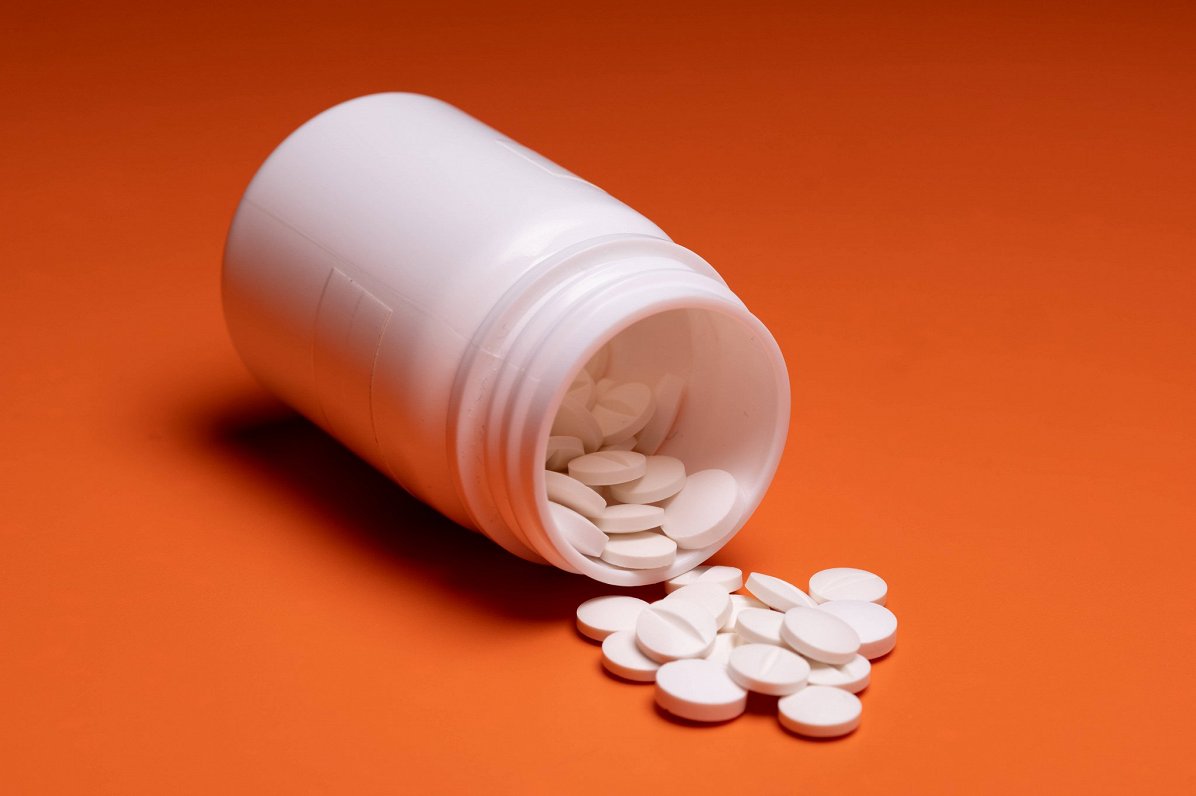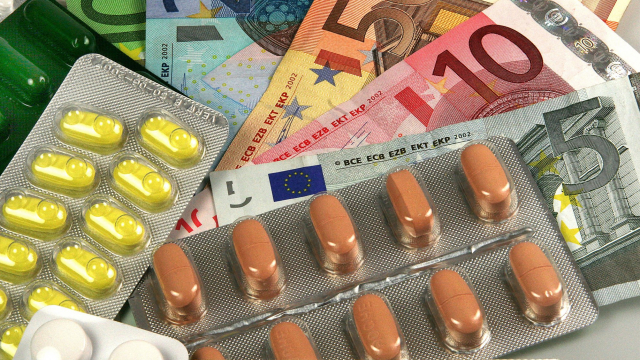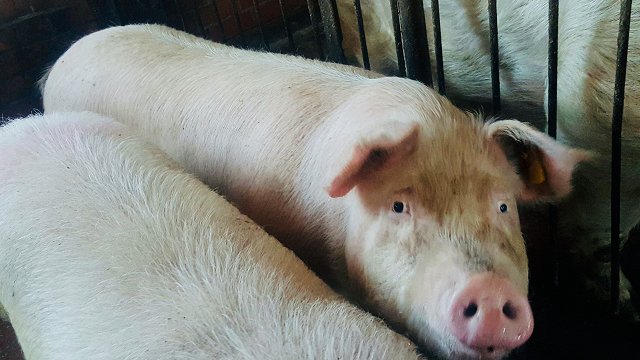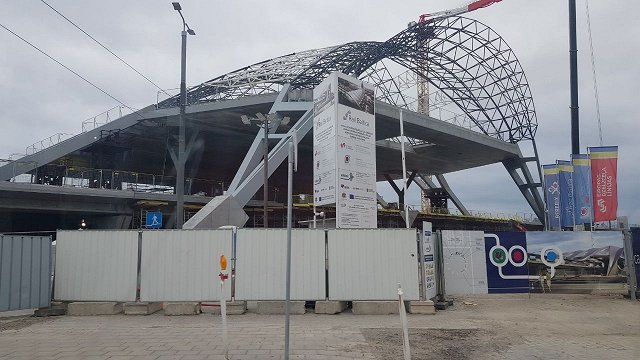"It manifests itself as swelling in the hand, foot, groin, armpits, chest, well anywhere, and unfortunately it can also be the face, larynx, and airways, and it could be the bowel wall. Then it is the excruciating abdominal pain, well, indescribable abdominal pain that causes vomiting, such vomiting fits, diarrhea, until you pass out," Svetlana said.
Svetlana Pavāre receives state-compensated medicines and one injection costs €1,400. Long-term preventive therapy is available worldwide and could reduce the incidence of acute attacks by 87%, but is not reimbursed in Latvia.
Effective therapies are also not available for many other rare disease patients. Many wait for years for drugs that are recognized as cost-effective and allow normal life. Unfortunately, these medicines are often too expensive to pay for out of pocket, so patients die.
The Ministry of Health's briefing notes that more than €5 million will be spent on new patients for diagnoses already included in the system and on treating existing patients for whom medicines are provided on the basis of body weight. The cost of a life ranges from several thousand to millions of euros.
"At the moment, reimbursement could be between €1,500 and €55,000, even more. I see - there are 60 thousand and over, that's the price of one average prescription. Of course, we also have diagnoses where the average price of a prescription is much, much higher. The question is the effectiveness and the efficacy of these medicines. It is undeniable that the latest innovative medicines may be more expensive, but they are more effective.
"Consequently, the unit price range has to be looked at quite critically, because it is possible that a medicine would cost a million or more, but if it is administered once in the lifetime of a newborn baby or twice, then the baby no longer needs the medicine. On the other hand, there may be medicines that need to be used regularly for smaller amounts, but over the years they will accumulate several million," said Juris Beikmanis, Chairman of the Board of the Latvian Alliance for Rare Diseases.
Although diagnostics have improved in recent years, doctors are becoming more knowledgeable and better able to recognize symptoms, difficulties arise after the diagnosis is made. The lack of reimbursable medicines is just one of the difficulties patients face.
"Of course, we cannot deny that for some of the 1,500 diagnoses, there is no medicine at all, and at this point it is very important that support is given directly to the family and the patient. With the right rehabilitation, with the right medical care, with integration into everyday life, these people can have a much better quality of life and a longer life.
"However, if they do not have this rehabilitation phase, those who lack medication, then these people die prematurely. They cannot integrate into society. This is, in fact, also a threat to the national economy. We have medicines that are recognized as cost-effective but are not on the list of reimbursable medicines. If they were, these people could walk to work next to us and we wouldn't even know they had a disease, and they would be able to work fully for society," said Beikmanis.
The Alliance for Rare Diseases is not going to settle. It plans to continue the fight for additional funding for rare disease patients. A meeting is planned this week to look at ways to find financial support for patients.
"So, at the moment, we have sent a letter to the Prime Minister asking her to [draw] attention to the field of rare diseases and to tell her in person, if necessary, what the actual and real situation and needs are. We are also currently working with the members of the Rare Diseases Support Working Group in the Parliament and then together to find solutions on how to find additional funding to at least cover the acute needs. So that it is not the case that people have been left without support for years, I would even say decades," said Beikmanis.






























